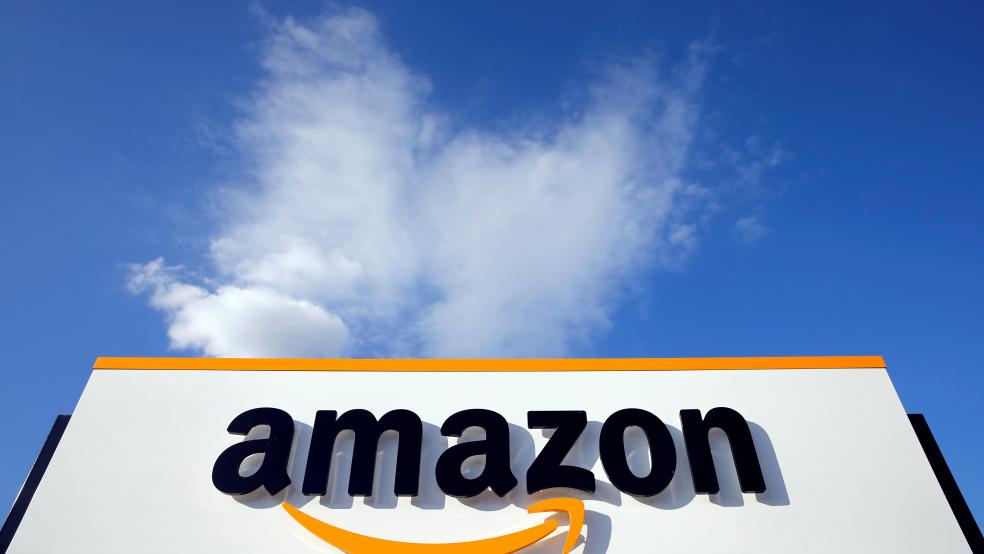Amazon confirmed on Tuesday that it will build two new headquarters in New York City and Northern Virginia while also adding a smaller site in Nashville that will deal with operations and logistics.
The company said it would invest $5 billion and create more than 50,000 jobs across the two new headquarters, with another 5,000 jobs at the Nashville location. State and local leaders celebrated landing Amazon’s HQ2, which the company had made the subject of a fierce 14-month competition among cities across the country. But critics, as they have throughout the process, again questioned the wisdom of giving tax breaks to the tech behemoth, and they voiced concerns about the effects Amazon’s arrival could have on lower-income residents and on neighborhood housing prices.
“Why the hell are U.S. cities spending tens of billions of dollars to steal jobs from one another in the first place?” asks The Atlantic’s Derek Thompson.
The government incentives Amazon said it received add up to about $2.2 billion over the next decade or more.
Long Island City, New York: Amazon said it will receive $1.525 billion in direct incentives based on creating 25,000 jobs in Long Island City, including a refundable tax credit of up to $1.2 billion “calculated as a percentage of the salaries Amazon expects to pay employees over the next 10 years” and a $325 million cash grant from Empire State Development based on the square footage of buildings it occupies.
Crystal City, Virginia: Amazon said it would receive $573 million in direct incentives, mostly based on creating 25,000 jobs with an average wage of over $150,000 over the next 12 years. The company also said that the Commonwealth of Virginia would invest $195 million in local transportation infrastructure and that Arlington would add some $28 million for infrastructure.
Virginia Gov. Ralph Northam said in a statement that he expects Amazon will create $3.2 billion in tax revenue, according to The Washington Post.
Nashville, Tennessee: Amazon said it would receive $102 million in incentives based on creating 5,000 jobs with an average wage of over $150,000.
Amazon said the incentives did not determine its new locations. "If you look at some of the proposals that were put forward by the cities that released them publicly, you can find out very quickly that incentives did not drive this process for us," spokesman Jay Carney said on CNBC. "Our number one criterion for us was the availability of existing talent and the possibility of recruiting and luring new talent to come."
Some locations that were passed over did offer more in incentives.





